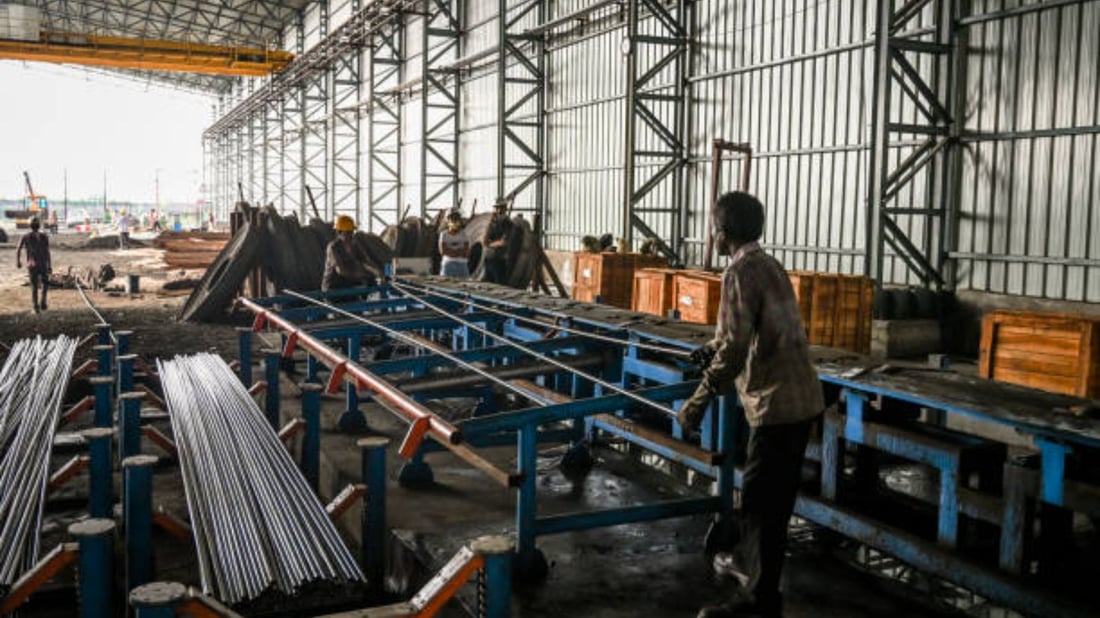The Basics of CNC Machines and CNC Mills
CNC stands for Computer Numeric Control. Both CNC machines and CNC mills are computer-controlled manufacturing machines that can produce precise cuts, shapes, and angles on various materials. However, there is a difference between these two types of machines that are often used interchangeably.
The Functions of CNC Machines and CNC Mills
CNC machines are used for a variety of applications, such as drilling, cutting, milling, and turning. They can work on different kinds of materials, ranging from metals and plastics to wood and composites. On the other hand, CNC mills are specifically designed for cutting and drilling metal. They are used for manufacturing parts and components for various industries, including aerospace, automotive, and defense.
The Design of CNC Machines and CNC Mills
CNC machines and CNC mills have similar designs and components. They both have a cutting tool, a spindle, a workpiece, and a control panel. However, CNC mills have some additional features, such as automatic tool changers, coolant systems, and chip conveyors. These features make CNC mills more efficient and versatile than CNC machines.
The Accuracy of CNC Machines and CNC Mills
CNC machines and CNC mills are known for their high precision and accuracy. They can repeat the same action multiple times with the same level of accuracy, which is essential in mass production. However, CNC mills are generally more accurate than CNC machines due to their rigorous design and fabrication process.
The Cutting Speed of CNC Machines and CNC Mills
CNC machines and CNC mills have different cutting speeds, depending on the material, tool, and design. CNC machines are generally faster than CNC mills because they can work on a variety of materials and shapes. However, CNC mills are more suitable for high-volume production because they can cut through metals with high speed and accuracy.
The Power of CNC Machines and CNC Mills
CNC machines and CNC mills have different levels of power, depending on their size, capacity, and purpose. However, CNC mills are generally more powerful than CNC machines because they can handle heavy-duty cutting and machining. They also have more horsepower and torque than CNC machines.
The Size of CNC Machines and CNC Mills
CNC machines and CNC mills come in different sizes and shapes, depending on their application and purpose. CNC machines can be small desktop units or large industrial machines. CNC mills are generally larger than CNC machines because they are designed to handle massive pieces of metal. They also require more space and support equipment.
The Maintenance of CNC Machines and CNC Mills
CNC machines and CNC mills require regular maintenance and cleaning to ensure their optimal performance and longevity. They both have mechanical parts that can wear out or break over time. However, CNC mills require more extensive and frequent maintenance than CNC machines because of their complex design and heavy-duty operation.
The Skills Needed to Operate CNC Machines and CNC Mills
CNC machines and CNC mills require different levels of skills and expertise to operate and program. CNC machines are relatively easy to operate, and anyone with basic computer skills can learn to use them. CNC mills, on the other hand, require specialized training and experience to operate and program. They also require a deeper understanding of machining processes and metalworking techniques.
The Cost of CNC Machines and CNC Mills
CNC machines and CNC mills vary in cost, depending on their size, features, and manufacturer. However, CNC mills are generally more expensive than CNC machines because of their specialized design and application. They also require more investment in support equipment, such as coolant systems, chip conveyors, and tool holders.

